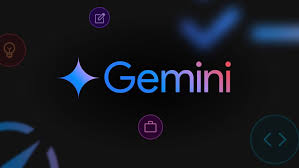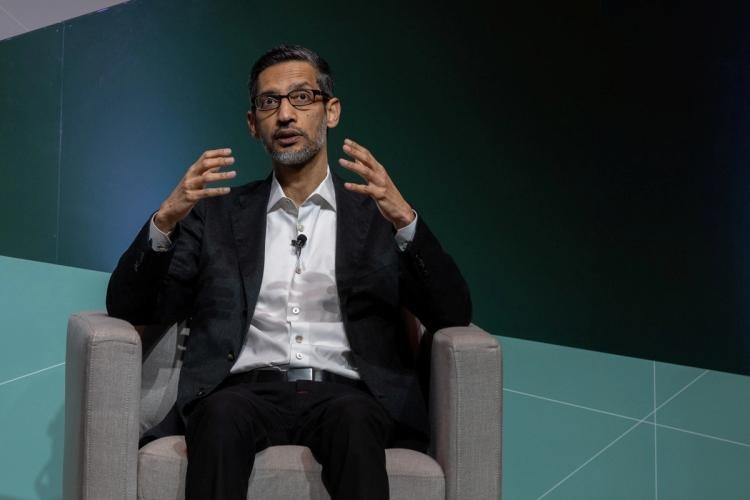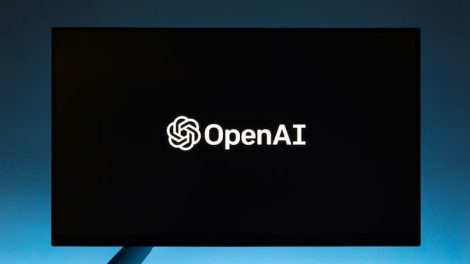Google has taken a significant leap forward in artificial intelligence by unveiling its latest Gemini 2.0 model. Touted as a reasoning AI, this model represents a new chapter in machine learning and intelligent systems. The announcement has generated widespread interest in the tech world, given the potential applications and the implications for industries ranging from healthcare to autonomous vehicles. As with any groundbreaking technology, it’s essential to understand both its capabilities and the broader impact it may have.

The Gemini 2.0 model builds upon previous iterations with a focus on enhanced reasoning abilities. Unlike traditional AI models that primarily analyze data to find patterns or correlations, reasoning AI aims to mimic the human thought process. This includes understanding context, drawing inferences, and making logical decisions based on available information. Google’s development of such a model signals a shift toward creating systems that can handle more complex and nuanced tasks, potentially outperforming humans in specific areas.
What sets Gemini 2.0 apart is its architecture. Designed to integrate multiple forms of input such as text, images, and even voice data, it processes information more holistically. This multi-modal approach allows the AI to cross-reference data types for improved accuracy. For instance, in a healthcare setting, the model could analyze a patient’s medical records alongside diagnostic images to provide a more comprehensive diagnosis. The implications for efficiency and accuracy in such applications are profound.
Another cornerstone of Gemini 2.0 is its training methodology. Google has employed extensive datasets and advanced algorithms to fine-tune the model. This includes exposing the AI to diverse scenarios and edge cases, ensuring that it can adapt to a wide range of situations. The goal is to make the system robust enough to handle ambiguity and uncertainty, traits often associated with human intelligence. The result is an AI that not only reacts to inputs but anticipates potential outcomes, offering solutions that are both creative and practical.
However, the unveiling of Gemini 2.0 has also sparked discussions about ethical considerations and the broader impact of such technology. As reasoning AI becomes more capable, questions arise about its use in decision-making processes that affect human lives. For instance, how should responsibility be assigned if an AI system makes a flawed judgment in critical applications like criminal justice or healthcare? Moreover, the potential for misuse in areas like surveillance or misinformation cannot be ignored.
Google has acknowledged these concerns and emphasized its commitment to ethical AI development. The company has outlined principles aimed at ensuring that its technologies are used responsibly. These include transparency in how the AI operates, safeguards against bias, and mechanisms for human oversight. Nevertheless, critics argue that self-regulation may not be sufficient, calling for external frameworks to govern the use of advanced AI systems.
The economic implications of Gemini 2.0 are equally significant. Industries are likely to adopt such technology to streamline operations, reduce costs, and improve service quality. For example, in customer support, AI systems could handle complex queries that currently require human intervention. Similarly, in logistics, reasoning AI could optimize supply chains by predicting demand fluctuations and adjusting operations accordingly. While these advancements promise increased efficiency, they also raise concerns about job displacement and the need for workforce reskilling.
Educational institutions and governments are beginning to address these challenges by introducing initiatives to prepare individuals for an AI-driven world. Programs focused on AI literacy and skill development are gaining traction, aiming to equip people with the tools needed to thrive in a rapidly changing landscape. For individuals, adapting to this new reality may involve acquiring expertise in fields that complement AI, such as data analysis, ethical oversight, or human-AI collaboration.
The global AI race is another aspect to consider. With competitors like OpenAI and Microsoft also making strides in reasoning AI, the pressure to innovate is immense. Each advancement raises the stakes, compelling companies to push the boundaries of what AI can achieve. This competitive environment accelerates technological progress but also amplifies the risks associated with rushed or inadequately tested implementations.
Despite these challenges, the potential benefits of Gemini 2.0 are undeniable. In scientific research, reasoning AI could accelerate discoveries by analyzing vast datasets and identifying patterns that might elude human researchers. In disaster management, such systems could predict and mitigate risks more effectively, saving lives and resources. The possibilities extend to almost every sector, underscoring the transformative power of this technology.
To illustrate the breadth of Gemini 2.0’s capabilities, consider the following examples. In the financial sector, the AI could analyze market trends and recommend investment strategies tailored to individual needs. For educators, it might create personalized learning plans that adapt to each student’s strengths and weaknesses. In creative industries, it could assist in generating content, from music compositions to movie scripts, pushing the boundaries of artistic expression.
Table: Potential Applications of Gemini 2.0
| Sector | Application Example | Benefits |
|---|---|---|
| Healthcare | Diagnostics and treatment planning | Improved accuracy and patient outcomes |
| Finance | Market analysis and investment recommendations | Tailored strategies and risk mitigation |
| Education | Personalized learning plans | Enhanced engagement and learning efficacy |
| Logistics | Supply chain optimization | Cost reduction and efficiency |
| Creative Arts | Content generation | Innovative and scalable creative output |
Google’s launch of Gemini 2.0 also highlights the collaborative nature of AI development. The company has partnered with academic institutions and industry leaders to refine its model, pooling expertise and resources. This collaborative approach not only accelerates innovation but also fosters a shared sense of responsibility for the technology’s impact.
Looking ahead, the trajectory of reasoning AI will depend on multiple factors, including regulatory frameworks, public perception, and ongoing research. Stakeholders must navigate these dynamics carefully to ensure that the technology serves humanity’s best interests. For you, as an observer or participant in this evolving narrative, staying informed and engaged is crucial. By understanding the nuances of Gemini 2.0 and similar advancements, you can better appreciate their potential and prepare for the changes they bring.
Google’s Gemini 2.0 model marks a pivotal moment in AI development. With its enhanced reasoning capabilities, the model promises to redefine what intelligent systems can achieve. However, this progress comes with challenges that require thoughtful consideration and proactive measures. As the world grapples with these complexities, the hope is that reasoning AI will become a force for good, driving innovation and addressing some of humanity’s most pressing problems.










Add Comment